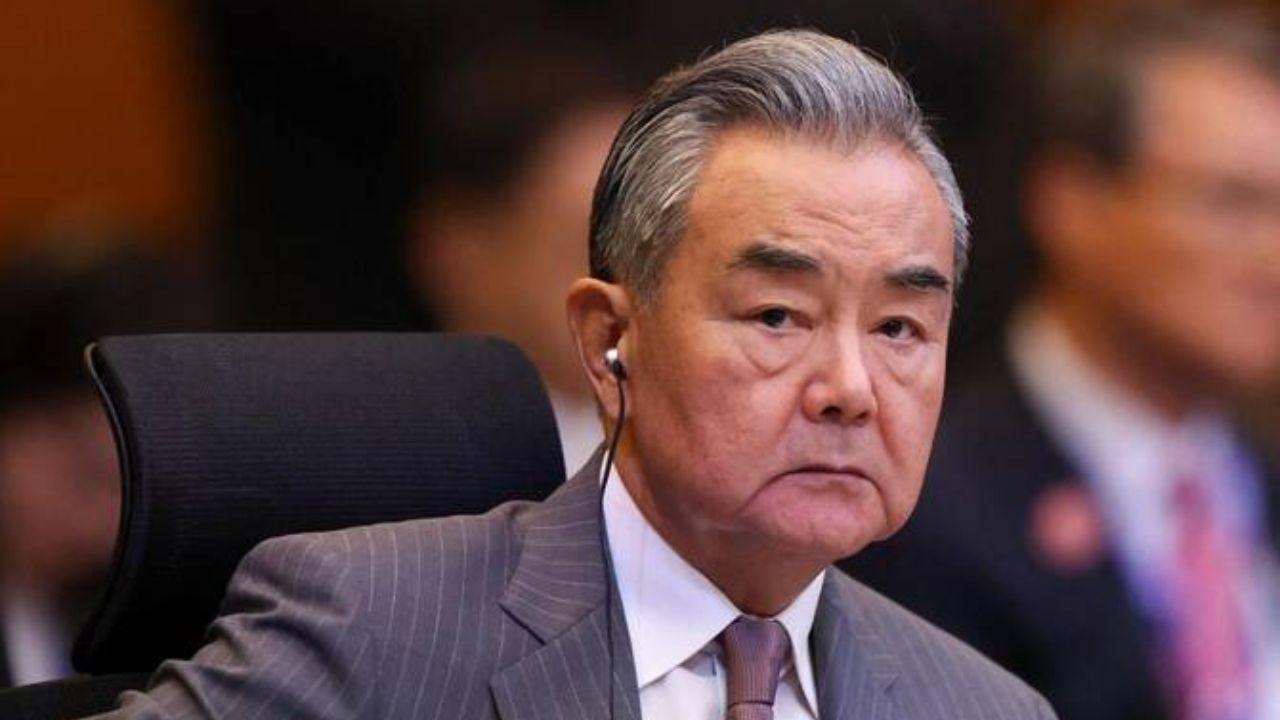
Post by : Priya
Photo:AFP
The Middle East has long been a region marked by deep political divisions, ongoing conflicts, and international rivalry. In a world where instability in one corner can affect people thousands of miles away, the stakes in the Middle East are always high. In this backdrop, China and Russia have made a public call for closer cooperation, aiming to bring peace, stability, and development to the region. Beijing recently stated that both countries must work together to promote dialogue, avoid more violence, and bring new ideas to old problems.
A Region in Deep Crisis
The Middle East remains one of the most unstable parts of the world. Wars in Syria, Gaza, and Yemen have caused immense human suffering. Economic crises in countries like Lebanon and Iraq have added to the hardship. The Israel-Palestine conflict remains unresolved, and tensions between Iran and Israel continue to rise.
In recent years, foreign involvement, mostly from Western countries, has been criticized for either failing to bring peace or worsening conflicts. The local populations, caught in political power games, often suffer the most. Against this background, China’s call for peace—alongside Russia—signals a shift in how global powers are choosing to approach Middle Eastern diplomacy.
Beijing’s Call: Dialogue, Not War
China has always maintained a policy of non-interference in the internal affairs of other countries. However, in the last few years, Beijing has started taking more active steps in international diplomacy, especially in the Middle East. During a recent meeting with Russian officials, Chinese leaders stressed that the only way forward for the Middle East is through peace talks, mutual respect, and cooperation.
Beijing’s statement highlighted the need for:
Russia, too, has deep involvement in the Middle East. From military support to Syria’s Assad government to maintaining ties with Iran, Moscow has played a key role in shaping the political landscape of the region. However, like China, Russia has recently shown interest in long-term peace strategies that do not depend solely on military force.
The Kremlin’s message was clear: diplomacy must return to the center of Middle Eastern politics. Russian diplomats said that the region has suffered enough and now needs unity, reconstruction, and development.
Shared Goals Between Beijing and Moscow
Both China and Russia agree on several important points:
Engagement with All Sides:
China and Russia believe in talking to everyone—whether it’s Israel, Iran, Syria, or Saudi Arabia. Their goal is not to pick sides but to create a space for dialogue.
Reconstruction and Investment:
Economic development is a key part of their peace plans. Both countries are offering support for rebuilding war-torn areas through infrastructure projects and trade deals.
China’s Growing Diplomatic Role
China's growing interest in the Middle East is not just about politics—it’s also about economics. The region is important to China’s global Belt and Road Initiative, a major trade and infrastructure project linking Asia, Africa, and Europe.
In 2023, China helped restore diplomatic ties between Iran and Saudi Arabia, two rival nations in the region. This was seen as a big success for Chinese diplomacy. It also showed the world that China could play the role of peace broker in a region traditionally influenced by Western powers.
Now, China wants to use that momentum to address bigger challenges—like the Israeli-Palestinian conflict and the war in Syria.
Peace in Palestine: A Shared Priority
Beijing and Moscow have both voiced concern over the recent violence between Israel and Gaza. Civilian casualties have increased, and humanitarian aid is falling short. China believes that the root cause must be addressed: the lack of a fair and lasting solution for Palestinians.
China's Foreign Ministry has called on the international community to push for renewed peace talks and to stop unilateral actions that increase tension—such as illegal settlements and forced evictions. Russia has echoed these concerns, stressing the need to protect civilians and prevent regional war.
What This Means for the Middle East
However, this approach also faces many challenges. Not all parties in the region trust outside powers, even those claiming neutrality. Deep-rooted ethnic and religious divisions will not disappear overnight. Peace in the Middle East has always been complex.
Still, with consistent effort, dialogue, and pressure from global powers like China and Russia, the possibility of a more peaceful future is not out of reach.
Western Concerns and Global Reactions
While the West has not officially responded to China’s latest statement, analysts suggest there is quiet concern in Washington and European capitals. The U.S. has been the main player in Middle Eastern diplomacy for decades, but its recent military pullbacks and political missteps have left gaps that China and Russia are now trying to fill.
Many Western observers believe Beijing and Moscow are not just pushing for peace—they are also trying to increase their influence. Whether their involvement will bring real change or simply shift power dynamics remains to be seen.
Opportunities and Obstacles Ahead
China and Russia Middle East peace

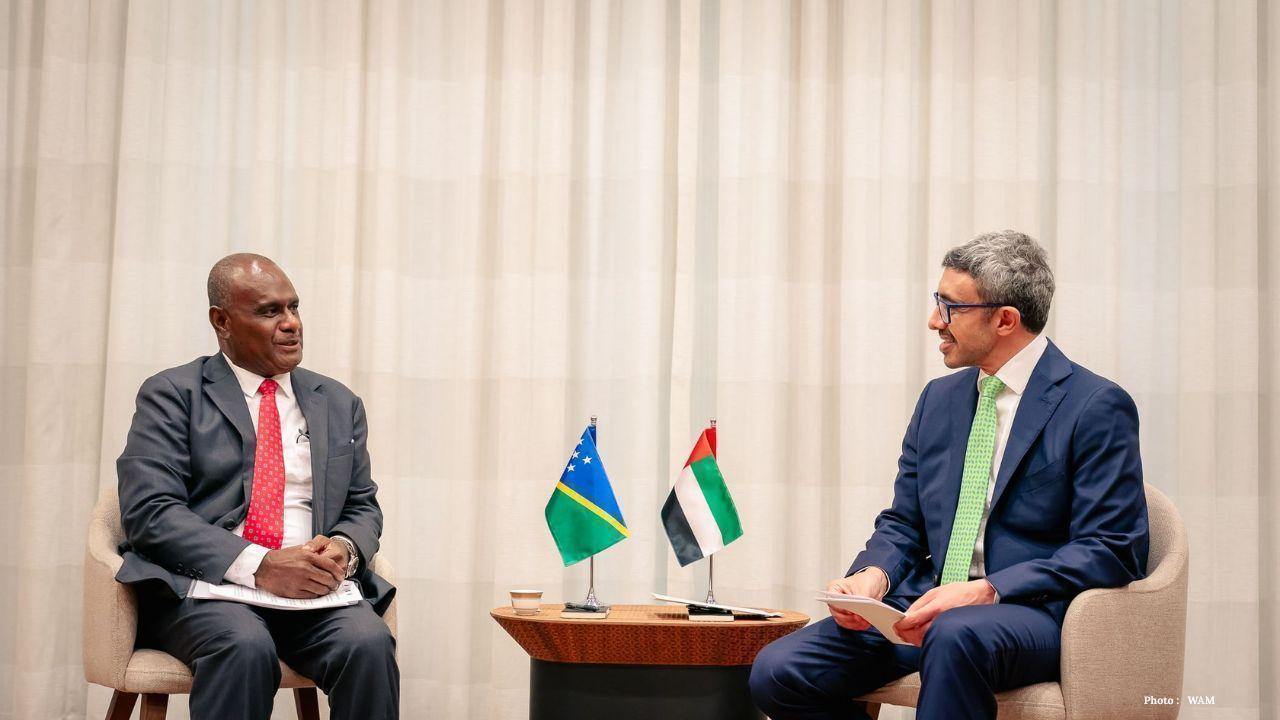


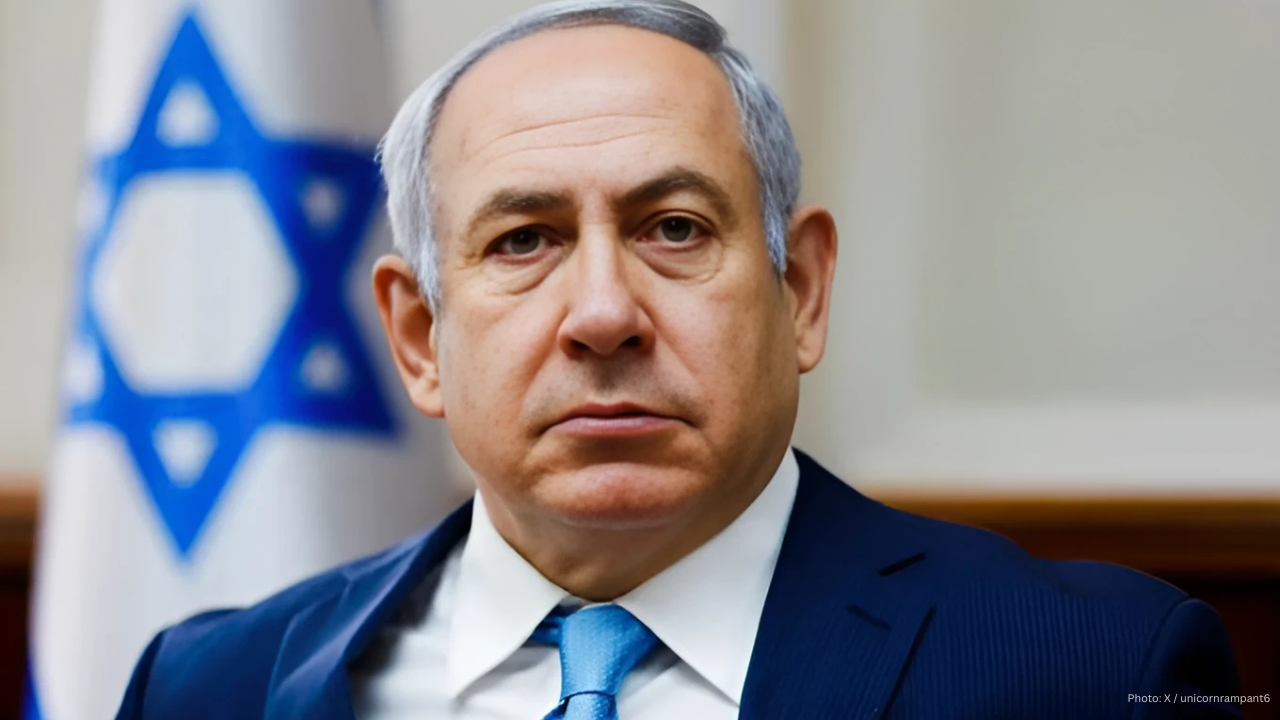

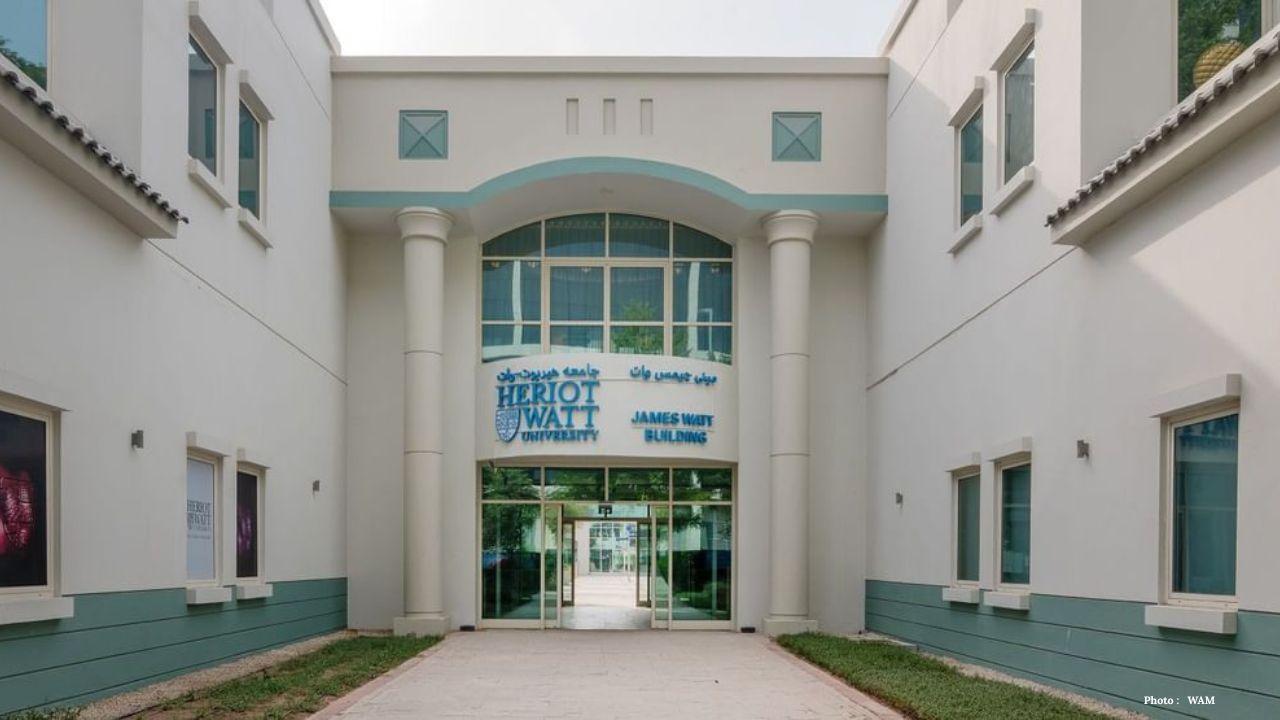
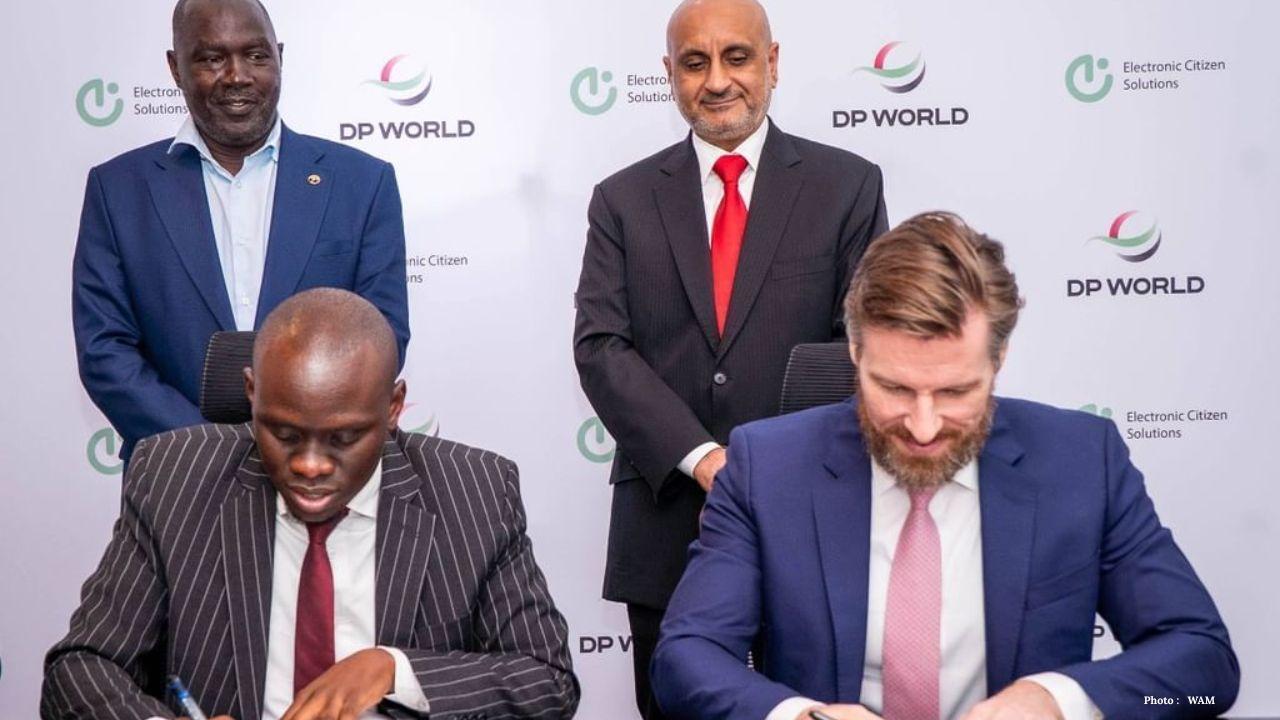
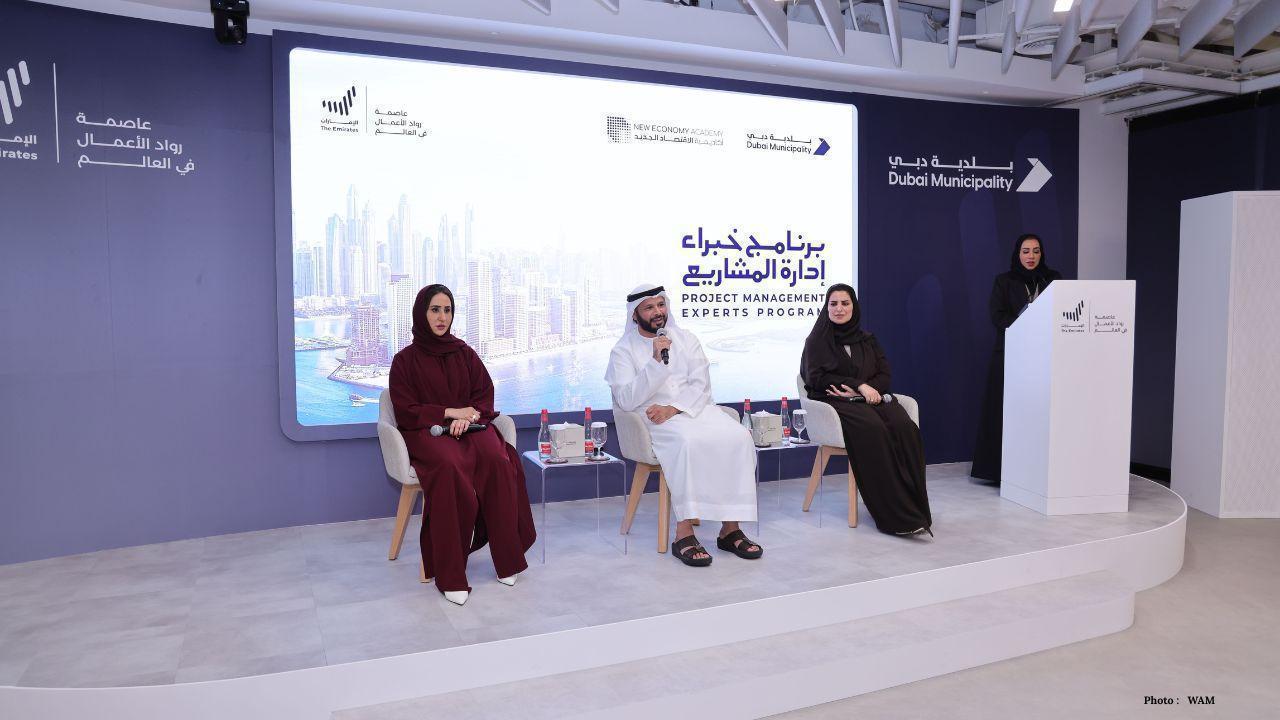

Bruce Pearl Retires as Auburn Coach Son Steven Takes Over
Auburn coach Bruce Pearl retires after historic career, son Steven steps up as head coach to continu

ACC football moves to nine-game schedule in 2025
The ACC will adopt a nine-game football schedule, ensuring at least 10 matches against top power-con

San Francisco 49ers’ Nick Bosa Out for Season with ACL Tear
Nick Bosa tore his ACL ending his season. Key defensive star lost, Niners will rely on rookies and v

Heriot-Watt Dubai to Host Social Capital 2026 Conference
Global experts will gather in Dubai from 26–28 March 2026 to discuss social capital and its role in

DP World Launches Smart Digital Customs in Kenya
DP World teams up with Kenya’s eCitizen to introduce CARGOES Customs, making trade faster safer and
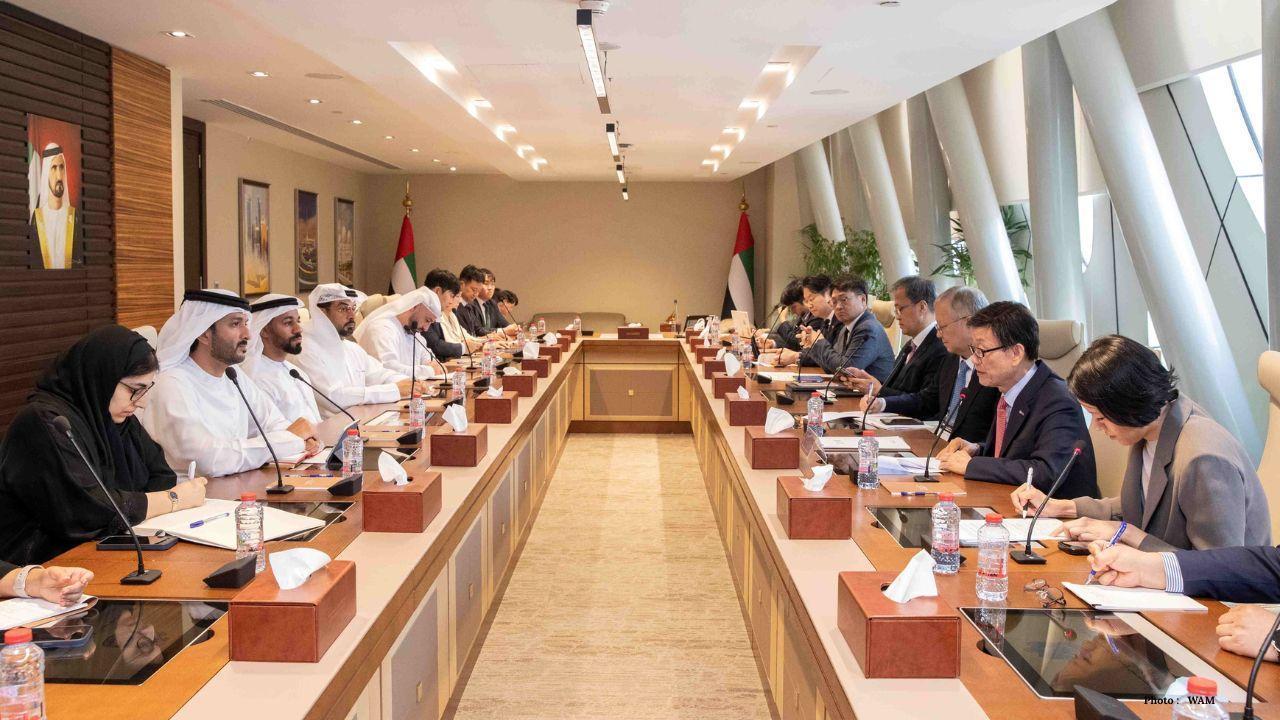
UAE Sees Surge in Korean Companies Growing as Key Business Hub
UAE now hosts nearly 1,300 Korean firms, boosting trade, tech, AI, and energy ties between the UAE a